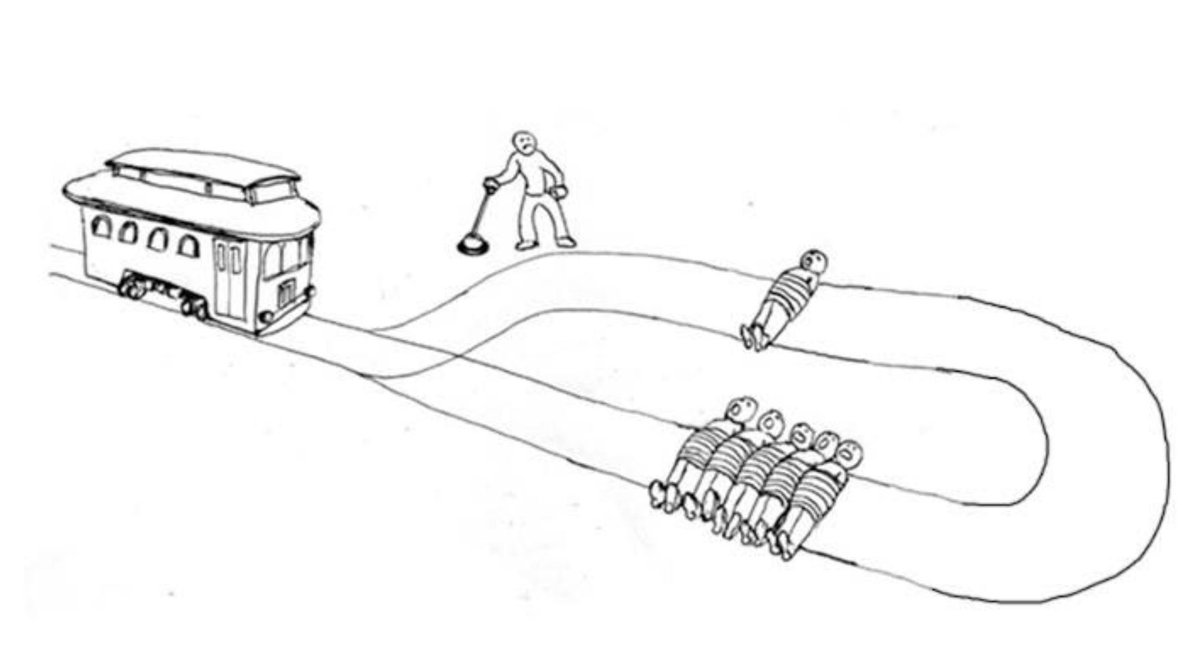
The elephant in the room of student debt: many degrees are terrible investments.
The solutions:
- improving the Investment by cutting costs (eg shorter courses, why do all degrees have the same length regardless of complexity)
- improving returns (more useful skills)
The solutions:
- improving the Investment by cutting costs (eg shorter courses, why do all degrees have the same length regardless of complexity)
- improving returns (more useful skills)
A third solution: matching students to jobs *before* they begin a degree.
For example: front-loading employment using hybrid apprenticeships, in which the company hires the student and pays for (short, useful) college courses alternated to working time.
For example: front-loading employment using hybrid apprenticeships, in which the company hires the student and pays for (short, useful) college courses alternated to working time.
3/ An example:
https://twitter.com/Austen/status/1364047974691561476
• • •
Missing some Tweet in this thread? You can try to
force a refresh





